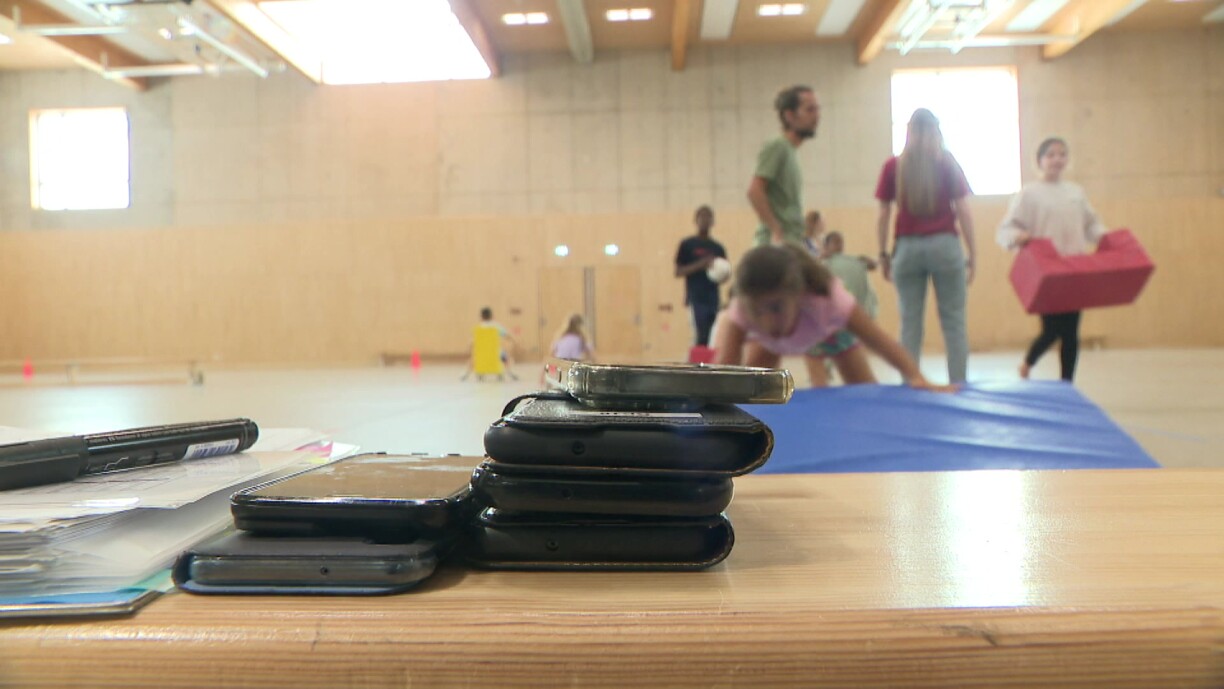
It is rare that the entire opposition welcomes a government decision, but that appears to be the case after the Education Ministry announced last week that smartphones will be banned in primary education by Easter. Nevertheless, opposition lawmakers argue that a number of questions remain unanswered regarding the partial ban in secondary education.
During last week’s announcement, Education Minister Claude Meisch tasked secondary schools with working out their own concepts, which will have to be presented by Pentecost.
“It feels to me as though much of the responsibility is being given to secondary schools”, says MP Djuna Bernard of The Greens (Déi Gréng), further noting that the Ministry should have provided potential avenues to the schools alongside the task.
MP Francine Closener of the Luxembourg Socialist Workers’ Party (LSAP) agrees with this position, arguing that secondary schools should not be left to fend for themselves and that a unified position in the sector – including both pupils and teachers – is of critical importance. However, the lawmaker also believes that tablets should still be used given the ever-growing importance of digital media education.
Another talking point of the new academic year is the French literacy programme, which has been in a pilot phase for about two years, and is now set to be introduced as an option across the entire country by 2026. MP Fred Keup of the Alternative Democratic Reform Party (ADR) believes the pilot phase is too short to draw accurate conclusions from the offer. He thus reminded the education minister of his promise to properly evaluate whether the programme was fruitful or not before taking any further steps.
The Left’s MP David Wagner, meanwhile, argues that the national education system has to catch up with reality, noting that studies have shown time and again how pupils have been disadvantaged over the past 50 years if they are less proficient in one language. “It is evident that we in Luxembourg still have an education system that exacerbates social injustices”, Wagner stated.
Read also: European School Kirchberg sees positive response to smartphone ban
Read also: Technology in the secondary classroom: pros, cons, and a call for balance